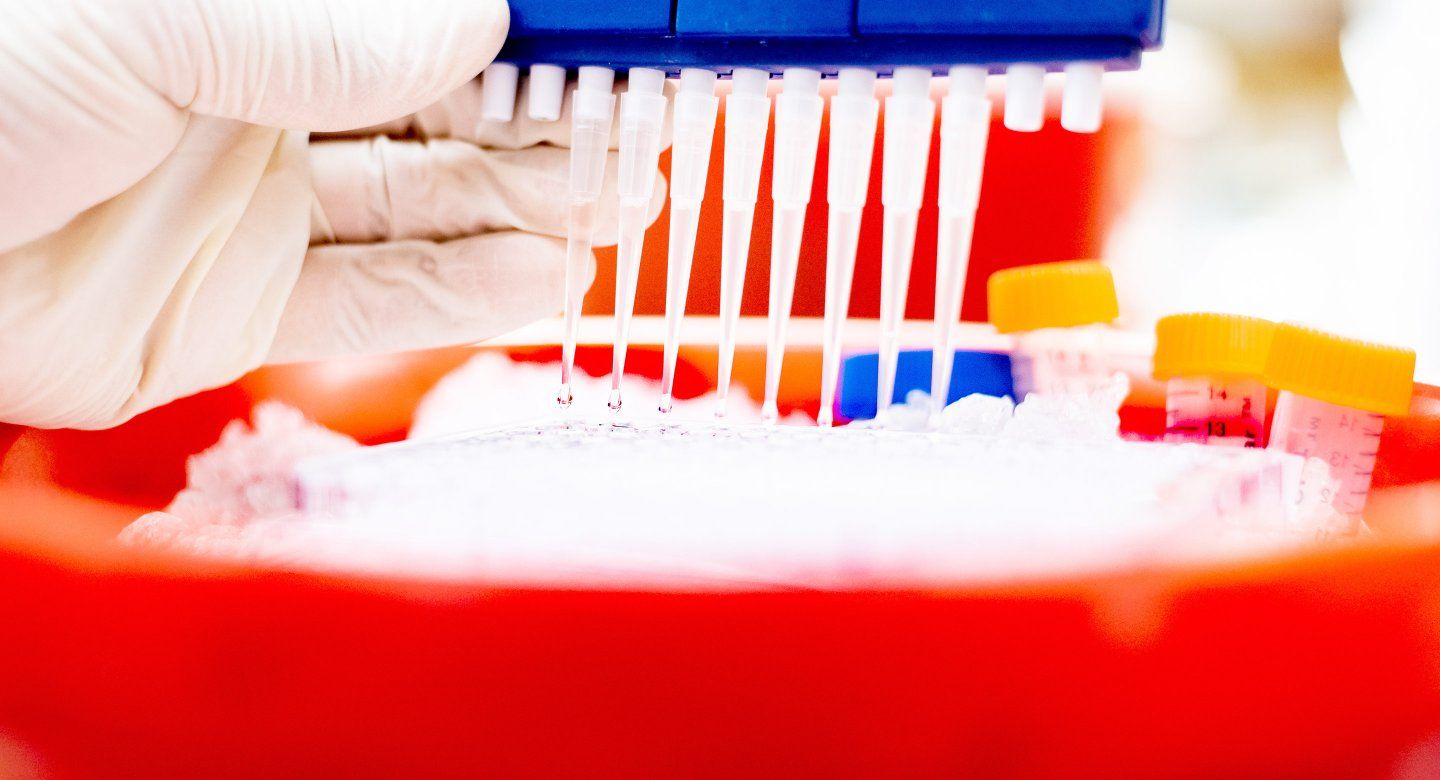Gift Launches New UCSF Benioff Center for Microbiome Medicine
Initiative Aims to Leverage Microbiome Research into Precision Therapies
The past 15 years have seen a revolution in scientists’ appreciation for how deeply our health is tied to the microbes that reside in our gut and throughout our bodies. Now, a $25 million gift from Marc and Lynne Benioff will establish a new UCSF Benioff Center for Microbiome Medicine dedicated to predicting and developing next-generation therapies for a wide range of diseases – from asthma and allergies to inflammatory bowel disease and obesity.
“This generous gift will accelerate the ability of our world-leading experts in the rapidly developing science of the human microbiome to develop a new generation of living cell therapies,” noted UCSF Chancellor Sam Hawgood, MBBS. “This is the perfect opportunity to leverage the exciting fundamental discoveries of the past decade and the clinical excellence found across the university in order to dramatically advance human health.”
This generous gift will accelerate the ability of our world-leading experts in the rapidly developing science of the human microbiome to develop a new generation of living cell therapies.
In recent years, a multitude of diseases have been linked to imbalances in the microbial ecology of the human body, and that the microbes that live in and on us – collectively known as our microbiome – provide critical contributions to human health. Initial clinical trials of treatments such as microbial transplants suggest that microbe-based therapies represent promising new therapeutic avenues for infectious, chronic inflammatory, and even neurological diseases.
“We are at the outset of a watershed moment in human biology,” said Susan Lynch, PhD, a UCSF professor of medicine who has been tapped to lead the UCSF Benioff Center for Microbiome Medicine. “We now understand that our health rests not only on the proper functioning of human genes, but also on the millions of genes and products of our microbiome. What’s more, these microbial populations are malleable – offering an opportunity to improve human health by re-engineering our microbiomes.”
In a complementary recognition of the field’s scientific maturity, the Benioffs are also donating $10 million to Stanford University to launch the Stanford Microbiome Therapies Initiative (MITI), which will focus on developing and testing new microbiome-based therapies based on engineered microbial communities.
In the new UCSF center’s first five years, Lynch and colleagues aim to develop precision therapies to restore damaged microbial ecosystems by boosting particular microbial activities to perform specific functions that promote health. They also aim to radically rethink the role of the microbiome in early life and develop new interventions aimed at preventing childhood diseases.
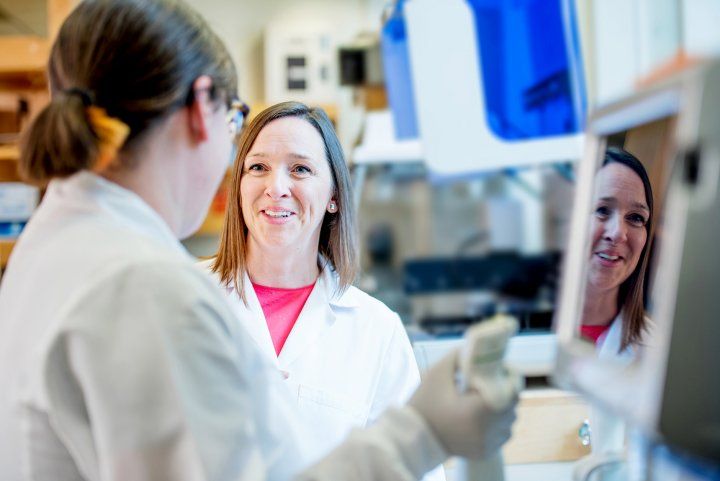
Susan Lynch, PhD, who will lead the new UCSF Benioff Center for Microbiome Medicine. Photo by Barbara Ries
Faculty engaged in microbiome research across campus have previously shown that our microbiome plays a key role in defining human health. For example, microbial dysfunction in the infant gut – characterized by the enrichment of particular microbial genes and their products – drive immune dysfunction and can be used to predict the development of allergy and asthma in childhood. Perturbed microbial ecosystems across the human body have been linked to autoimmune disease, metabolic syndromes such as obesity and diabetes, skin diseases, and even multiple sclerosis. Gut microbes can even contribute to metabolizing drugs and influence how much enters the circulation.
Leveraging this expertise and collaborations with UCSF Benioff Children’s Hospitals in Oakland and San Francisco and institutions nationwide, the UCSF Benioff Center for Microbiome Medicine aims to develop a holistic understanding of our earliest interactions with microbes in utero, through birth, and in early life. These efforts aim to find ways of predicting and preventing not only asthma and allergy, but other childhood diseases – including dermatological, gastrointestinal, respiratory and neurological disorders.
“At the same time that we are developing therapeutic strategies to restore microbial ecosystems once they have been damaged,” Lynch said. “We also need to find ways to intervene in at-risk populations in very early life to prevent chronic diseases before they start.”
The new center aims to drive these innovations in microbiome-based therapies through support for new faculty, expanded technological infrastructure, and translational collaborations between microbiome and clinical researchers across the university. Lynch says that the foundation of this effort will be UCSF’s existing clinical strengths, as well as the broad and diverse group of faculty across the University’s schools of medicine, dentistry, nursing and pharmacy already making important contributions to understanding the role of the microbiome in health and disease.
“I’m thrilled to see this new initiative poised to unify researchers and clinicians from across the university to help understand and treat disorders of the microbiome in order to improve human health worldwide,” said UCSF Executive Vice Chancellor and Provost Dan Lowenstein, MD. “We are grateful for Lynne and Marc’s support in making it possible for UCSF to leap into this exciting and critical frontier of medicine.”
Leading the Microbiome Revolution
UCSF scientists are at the forefront of a scientific movement to advance our understanding of the myriad ways microbes in the human gut, on our skin, and throughout our bodies impact our health and contribute to disease. Below are a few of the leading UCSF researchers and clinician-scientists whose work will contribute to the success of the new Benioff Center for Microbiome Medicine.
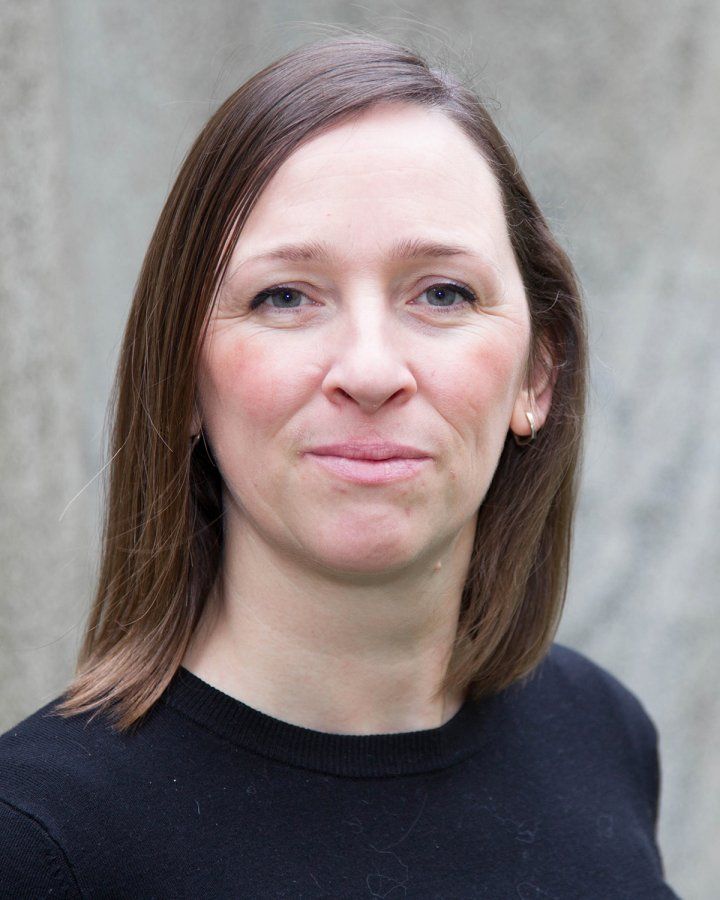
Susan Lynch, PhD
Director of UCSF Benioff Center for Microbiome Medicine
Research in the Lynch lab focuses on how environmental exposures shape microbiomes in the human respiratory and gastrointestinal tracts, and the role of microbial metabolism in promotion of chronic inflammatory diseases. For example, together with her clinical collaborators, Lynch’s team has identified specific gut microbiomes that relate to distinct features of inflammation in adult patients with chronic sinusitis, HIV-infection or inflammatory bowel disease. Her early-life studies have identified a distinct neonatal gut microbiome associated with increased risk of allergy and asthma development in childhood and established a mechanism by which specific neonatal gut microbial metabolites may induce immune dysfunction in babies who go on to develop asthma.
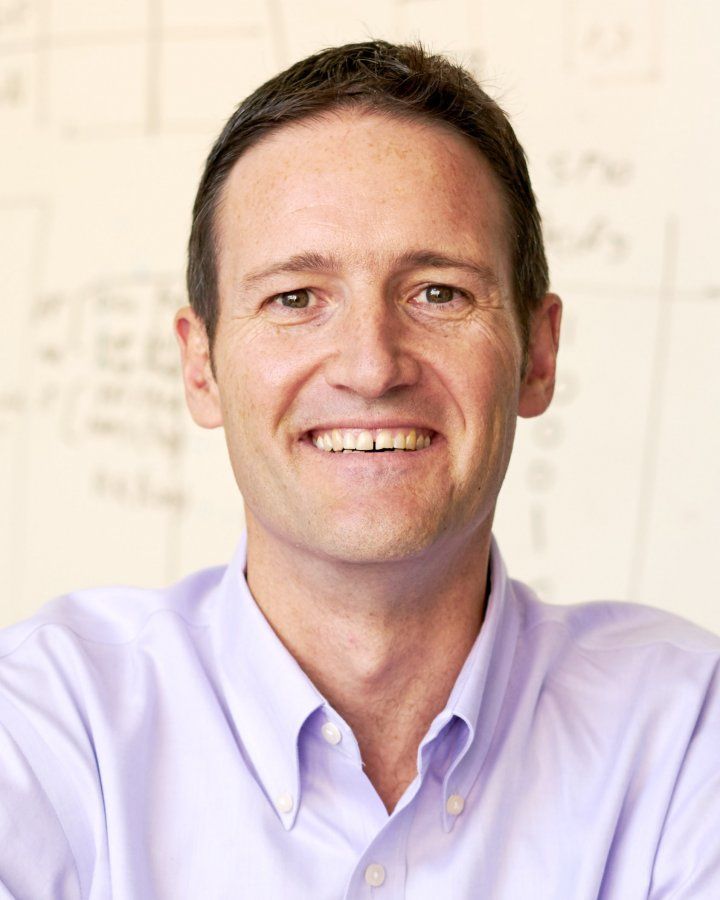
Sergio Baranzini, PhD
Professor of Neurology, UCSF Weill Institute for Neurosciences
The Baranzini lab studies multiple sclerosis, an autoimmune disorder of the central nervous system. The lab recently discovered that the microbiomes of patients with MS differ from that of healthy individuals. In animal studies, the lab has shown that these microbial differences may influence the inflammatory destruction of nerve fiber insulation that causes MS and that boosting certain gut microbes could slow down the course of the disease. In 2016, Baranzini launched the international MS microbiome study (iMSMS) to comprehensively map the distinctive microbiomes of MS patients as a first step toward developing future microbe-based therapies for the disorder.
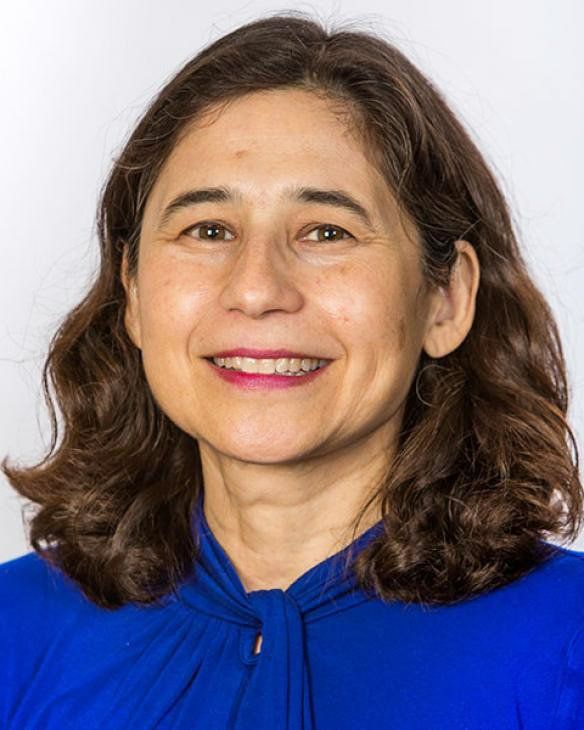
Yvonne Kapila, DDS, PhD
Professor, Orofacial Sciences, UCSF School of Dentistry
The Kapila lab has embarked on a series of studies to understand how microbes in the oral cavity, throat, and lymph nodes may impact the formation and progression of tumors, which could have major implications for the role of oral health in cancer prevention. Her studies have uncovered a role for microbial-derived bacteriocins as modulators of tumorigenesis, paving the way for development of novel microbial treatments. The Kapila lab also studies how microbes living in the mouth influence risk of periodontal disease – infections of the gums and other tissues surrounding the teeth. These studies are shedding new light on the causes of this disease and the potential for probiotic treatments to reduce disease risk.
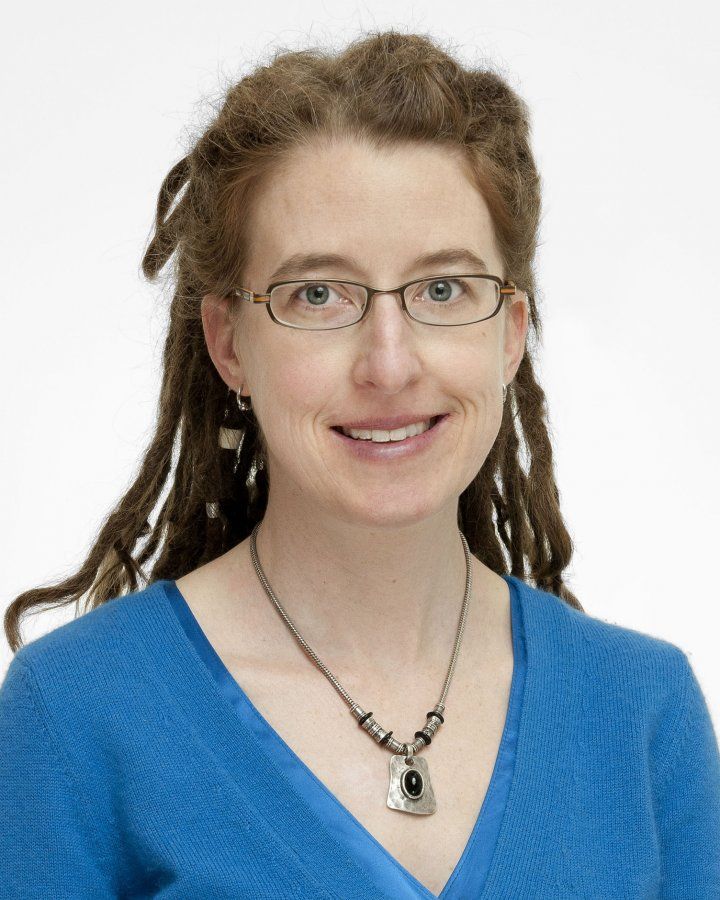
Katherine Pollard, PhD
Professor of Epidemiology and Biostatistics, UCSF; Director of the Gladstone Institute of Data Science and Biotechnology
Pollard’s team at the Gladstone Institutes – an independent research institution academically affiliated with UCSF – uses bioinformatics and computer modeling to study the human microbiome and its effects on conditions such as autoimmune disorders, obesity, and mental health. She and collaborators have previously shown that it is certain microbial genes, not distinct microbial species, that predict obesity, and investigated what makes certain microbes more likely to colonize the gut than others. More recently, Pollard’s team mined public datasets to computationally reconstruct the genomes of thousands of previously unknown microbial species living in the human gut.
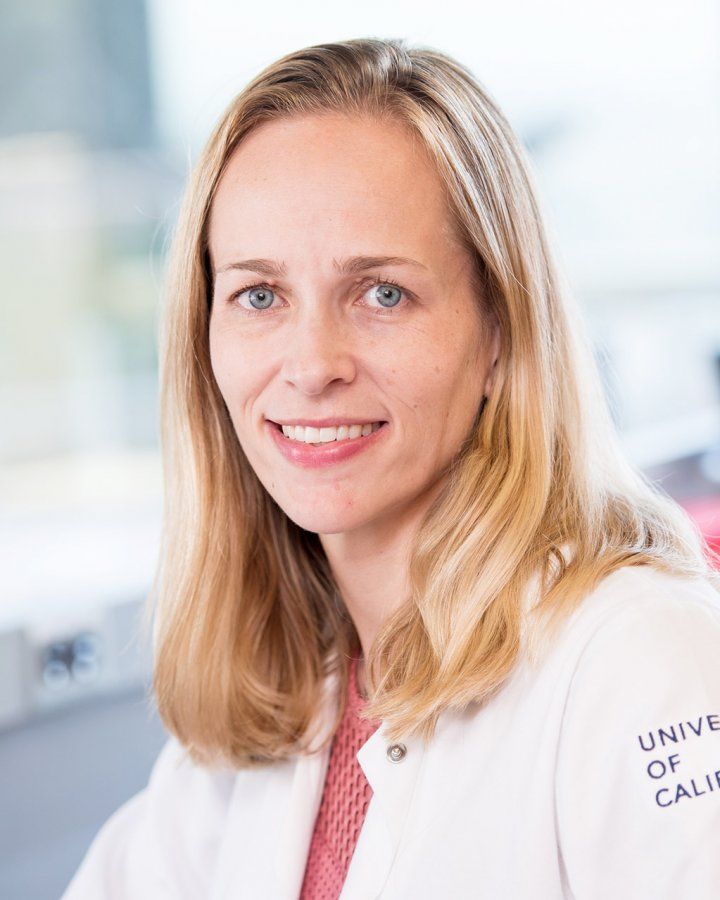
Tiffany Scharschmidt, MD
Associate Professor, Department of Dermatology
The Scharschmidt lab focuses on understanding the complex dialog between the skin’s microbiome and the immune system. Scharschmidt studies how the immune system learns to distinguish “good” commensal microbes from pernicious pathogens early in life by exploring how immune cells and skin microbes communicate with each other, particularly as microbes first colonize the skin in the days after birth. Understanding how the immune system privileges beneficial microbes over problematic ones may lead to better therapies for inflammatory skin diseases while also contributing to a deeper understanding of the fundamental mechanisms underlying adaptive immunity.
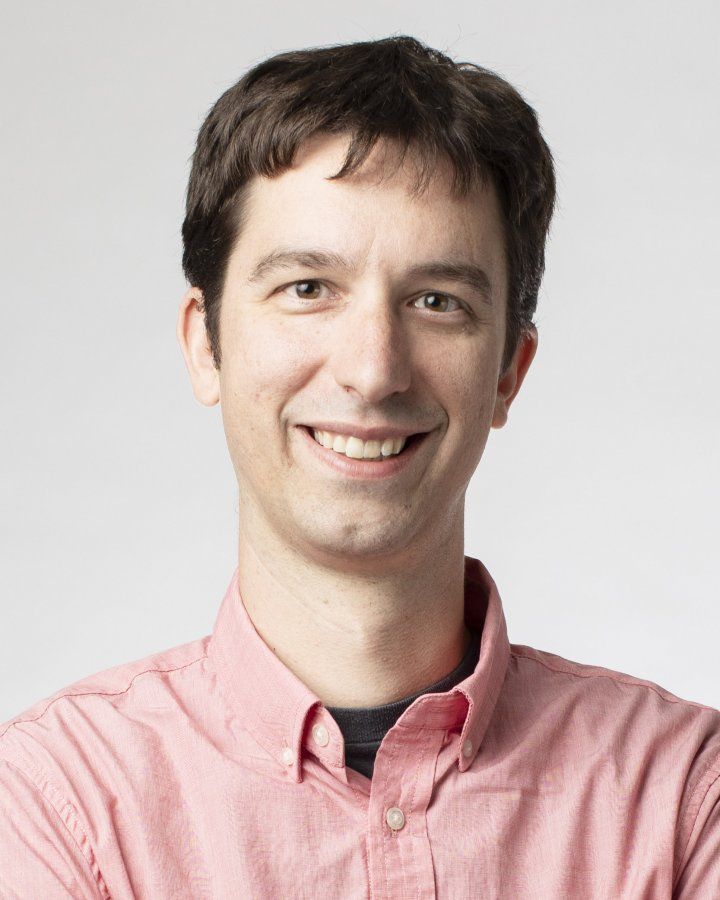
Peter Turnbaugh, PhD
Associate Professor, Department of Microbiology and Immunology
The Turnbaugh lab studies how our diet alters the composition of microbes in our guts and how these microbial differences may impact our responses to important drugs. His team has shown that a carnivorous or vegetarian diet can dramatically alter gut microbial ecosystems within hours of consumption and that dietary protein impacts that ability of specific gut bacteria to inactivate a commonly used cardiac drug. Their current studies seek to apply this framework to a much broader range of commonly used drugs with the aim to precisely engineer the gut microbiome to improve drug response.
